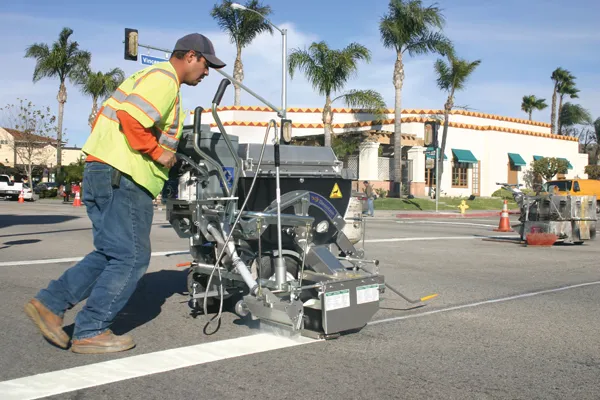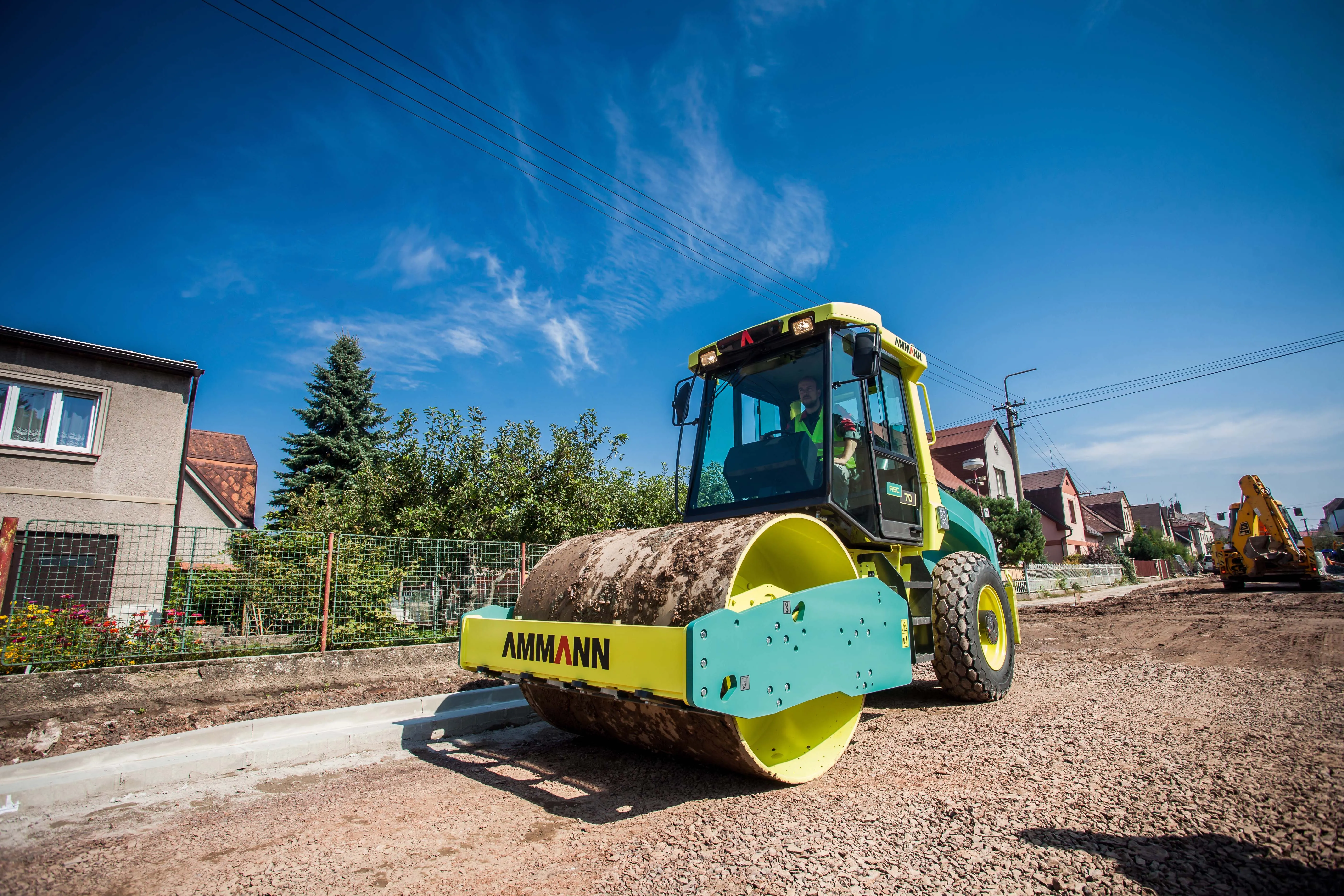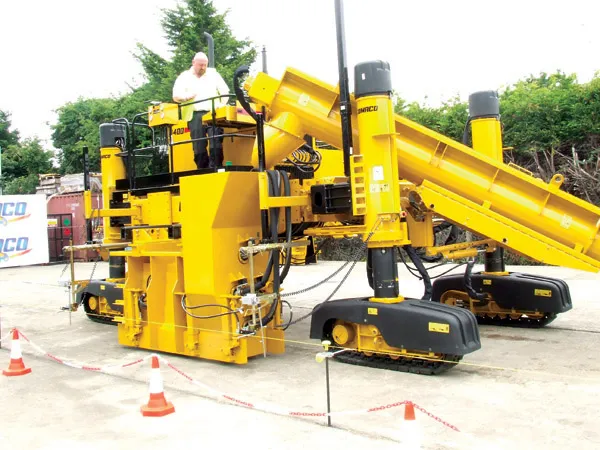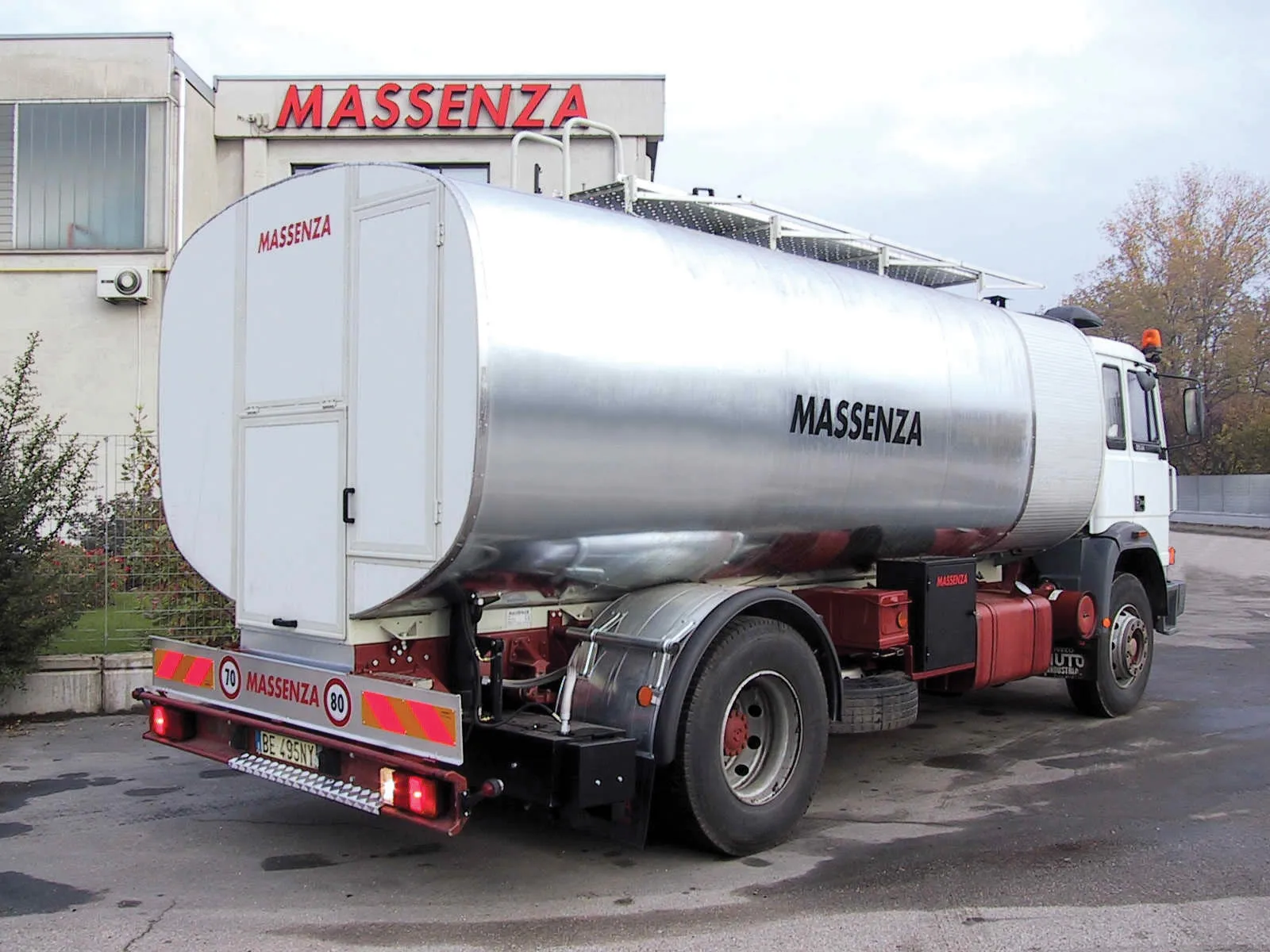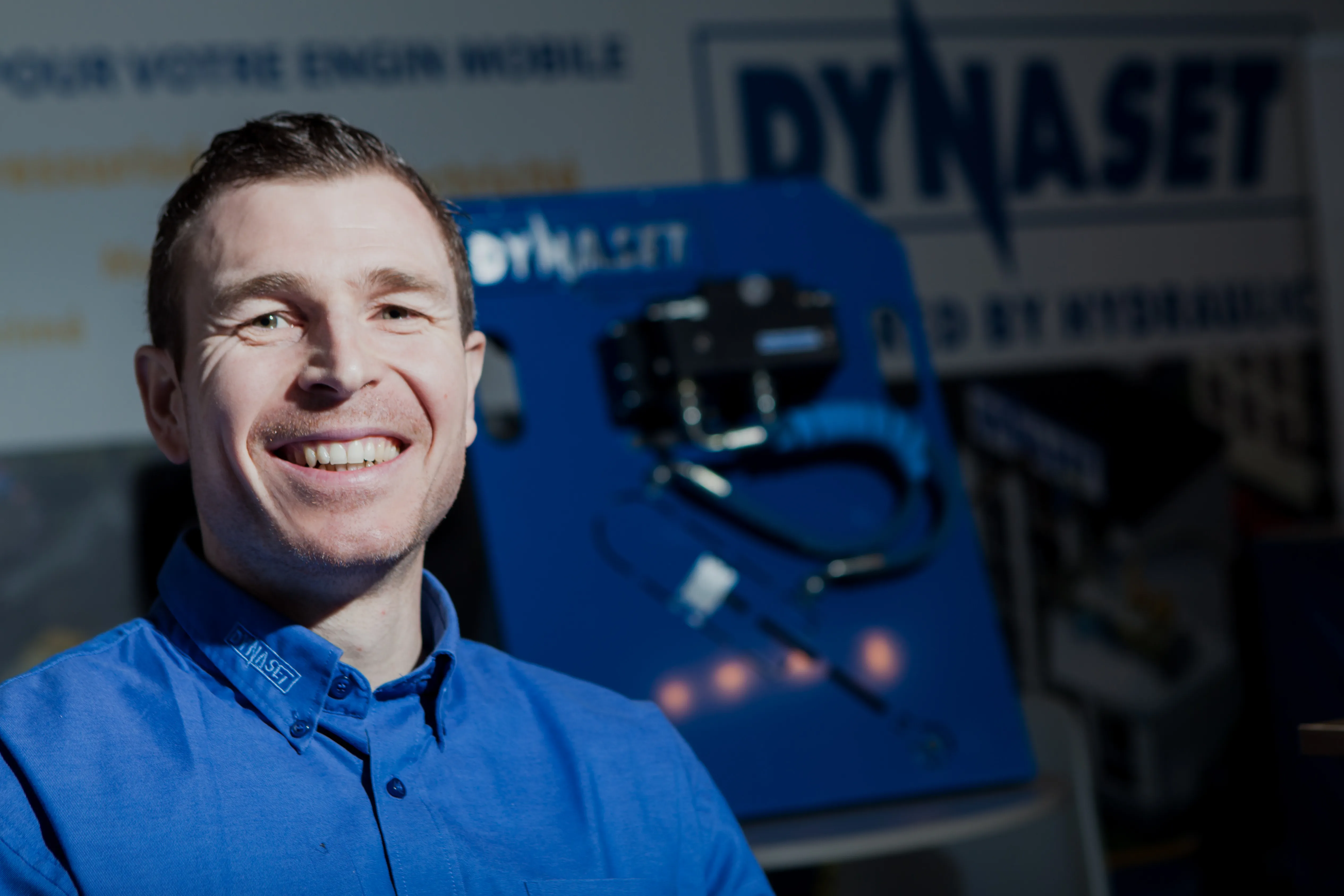
Finnish hydraulic power specialist
“We have designed it for crushers which need power to crack the concrete,” explains area sales manager Hughes Lambert. “That’s when you need the additional power.”
Dynatest is aiming the new product at manufacturers of heavy duty demolition tools. Since the HPIC boosts the pressure, any machinery will need to be designed with seals that can take the higher pressure - rather than retrofitting to existing kit.
The company also manufactures the HPI (hydraulic pressure intensifier) which can be used for a wide range of applications. “The HPI is for any application when you need to increase the hydraulic pressure,” explains Lambert. “It could be the bucket of an excavator for example. It’s like growing bigger muscles for humans.”
Dynatest, which recently re-engineered its entire portfolio of products to create its Blue Hydraulic range, provides hydraulic energy for construction machines through compressors, hydraulically-driven generators and high pressure water pumps. “If you have a working machine with hydraulics inside, you can connect a generator, a compressor, a pump to get a different kind of energy from the machine,” says Lambert. “You might want to have on-board high-pressure cleaning or to power electrical tools on site.”
Though it works largely with OEMs, Dynatest also has a global reseller network for installing its kit on machines which have not been equipped with it at the factory. It exports 85% of its products to customers who are usually in highly industrialised countries in Europe, the Far East, Asia and North America.


